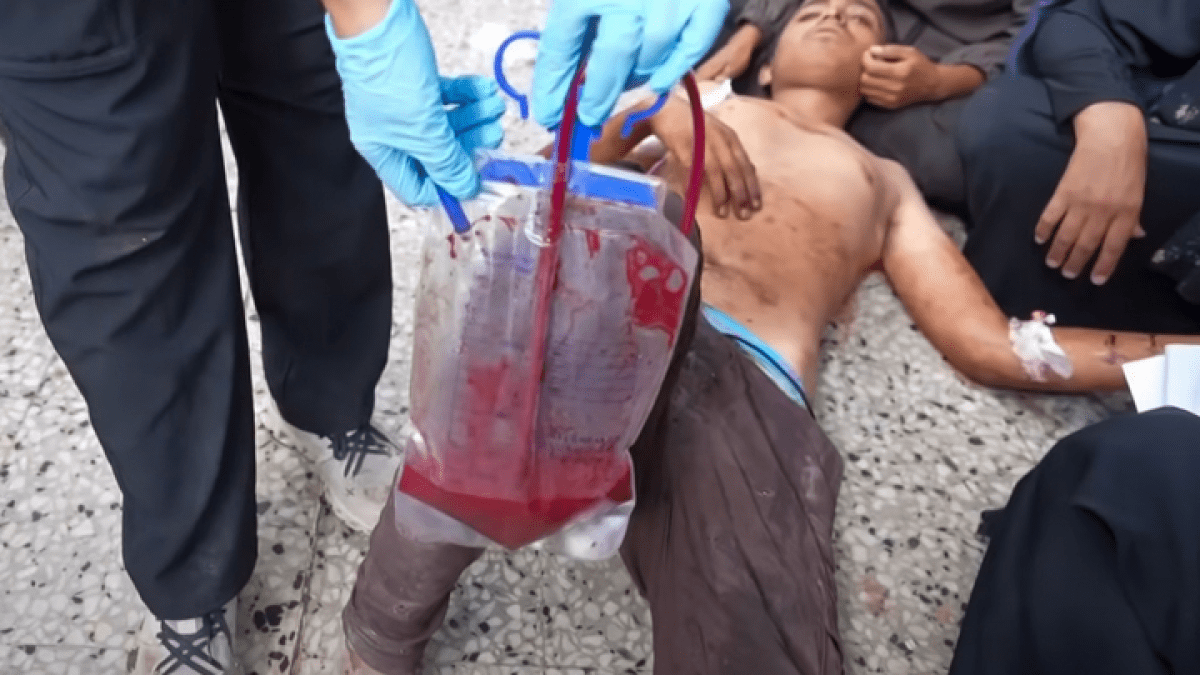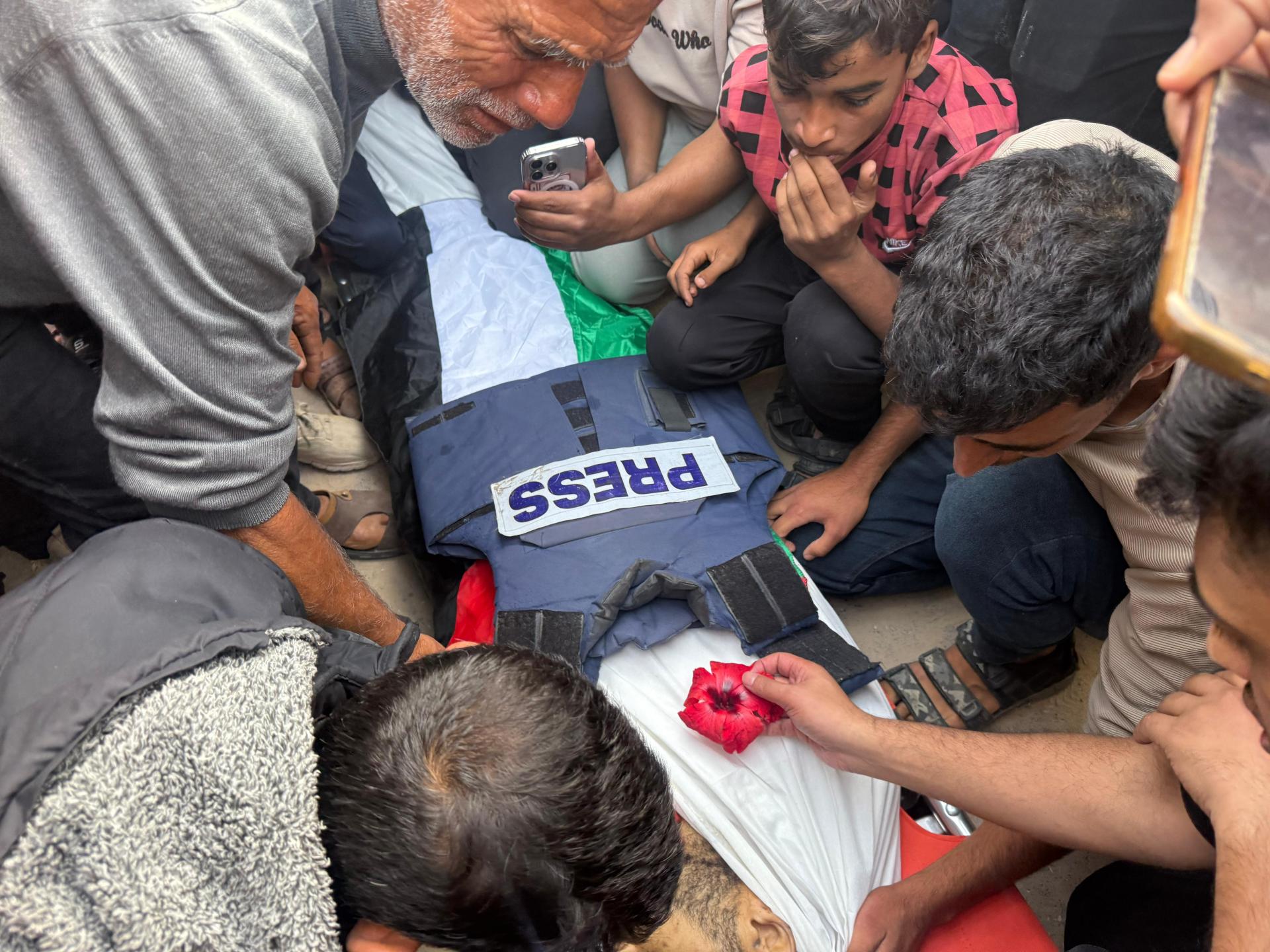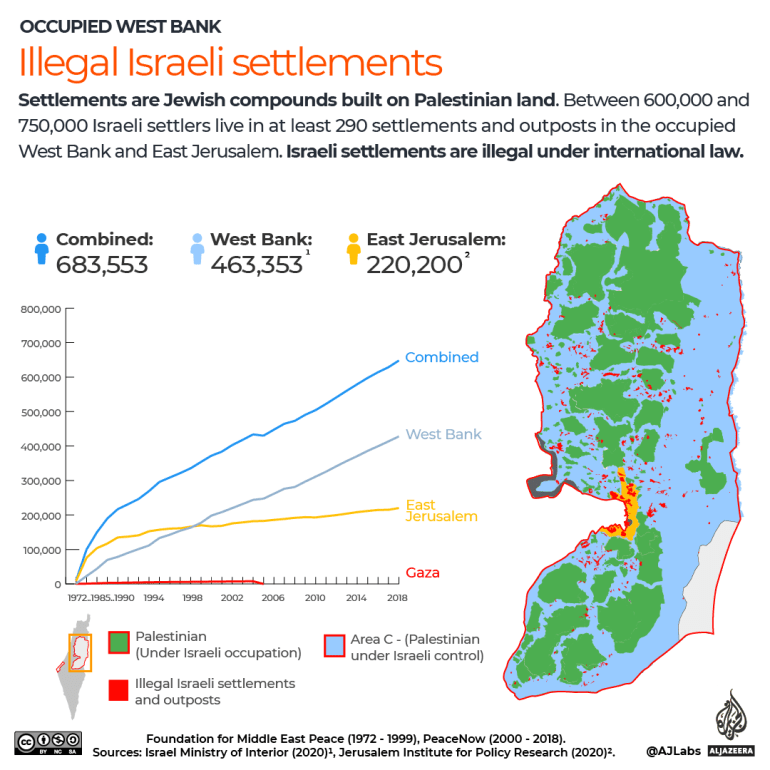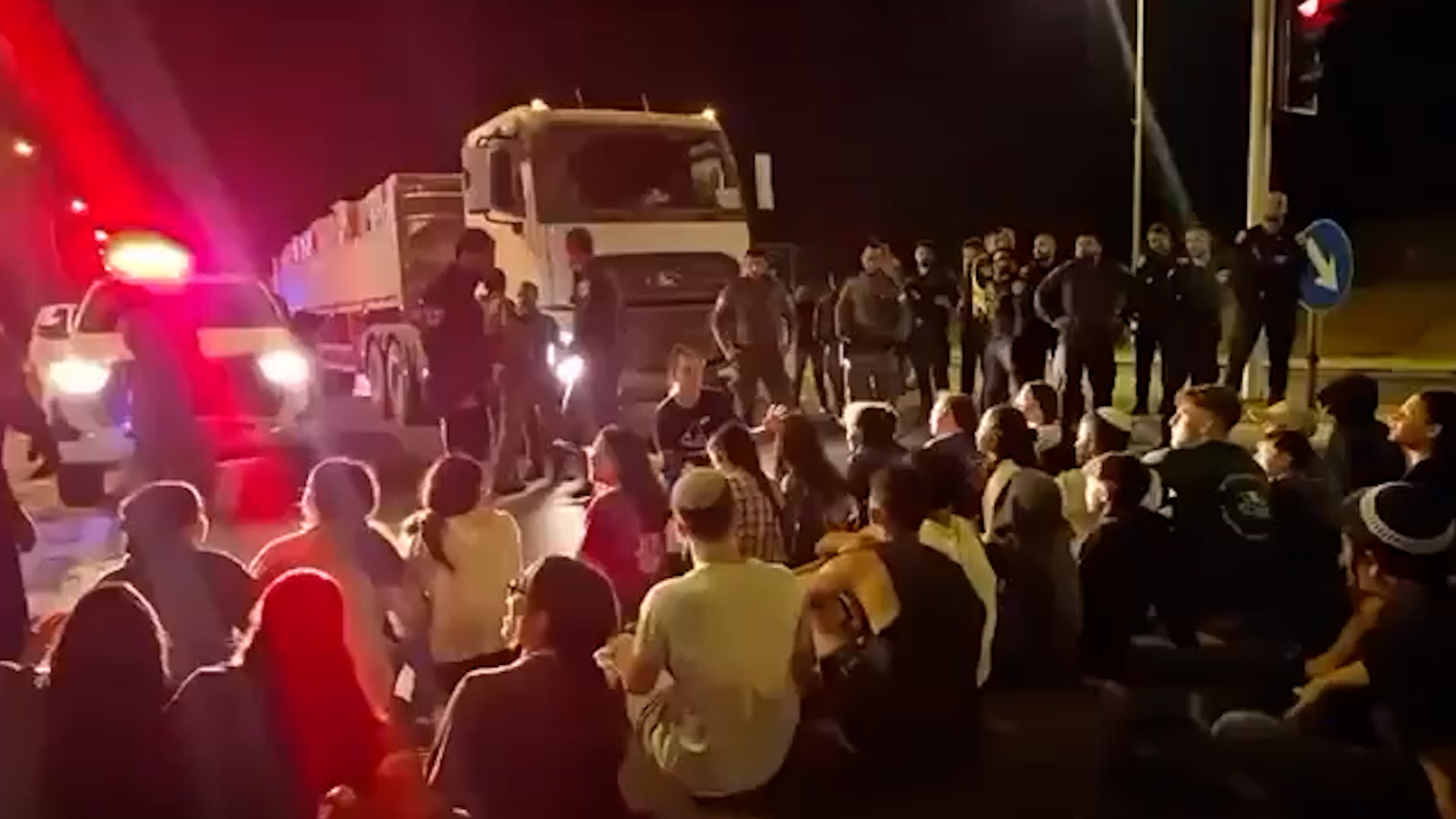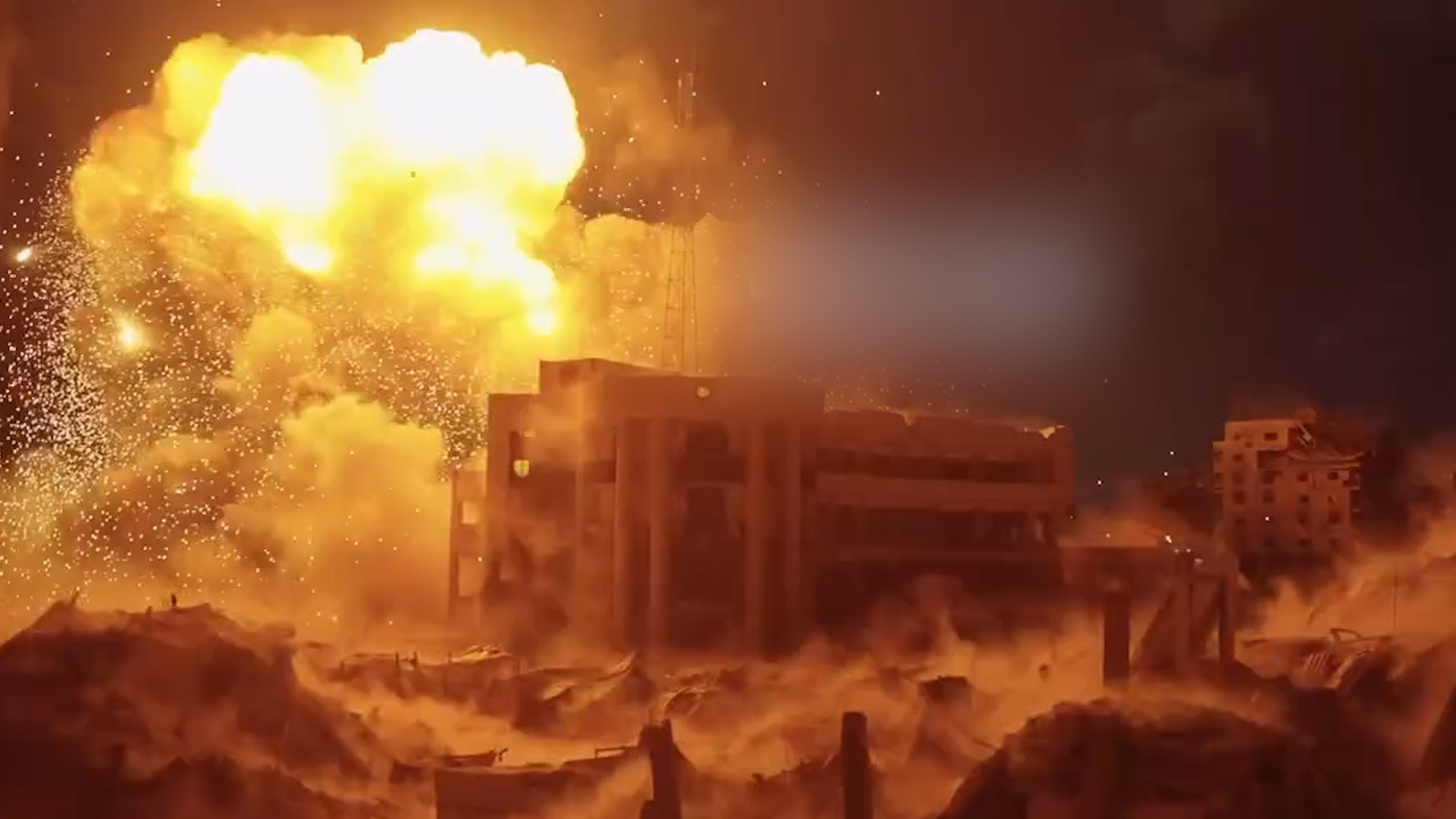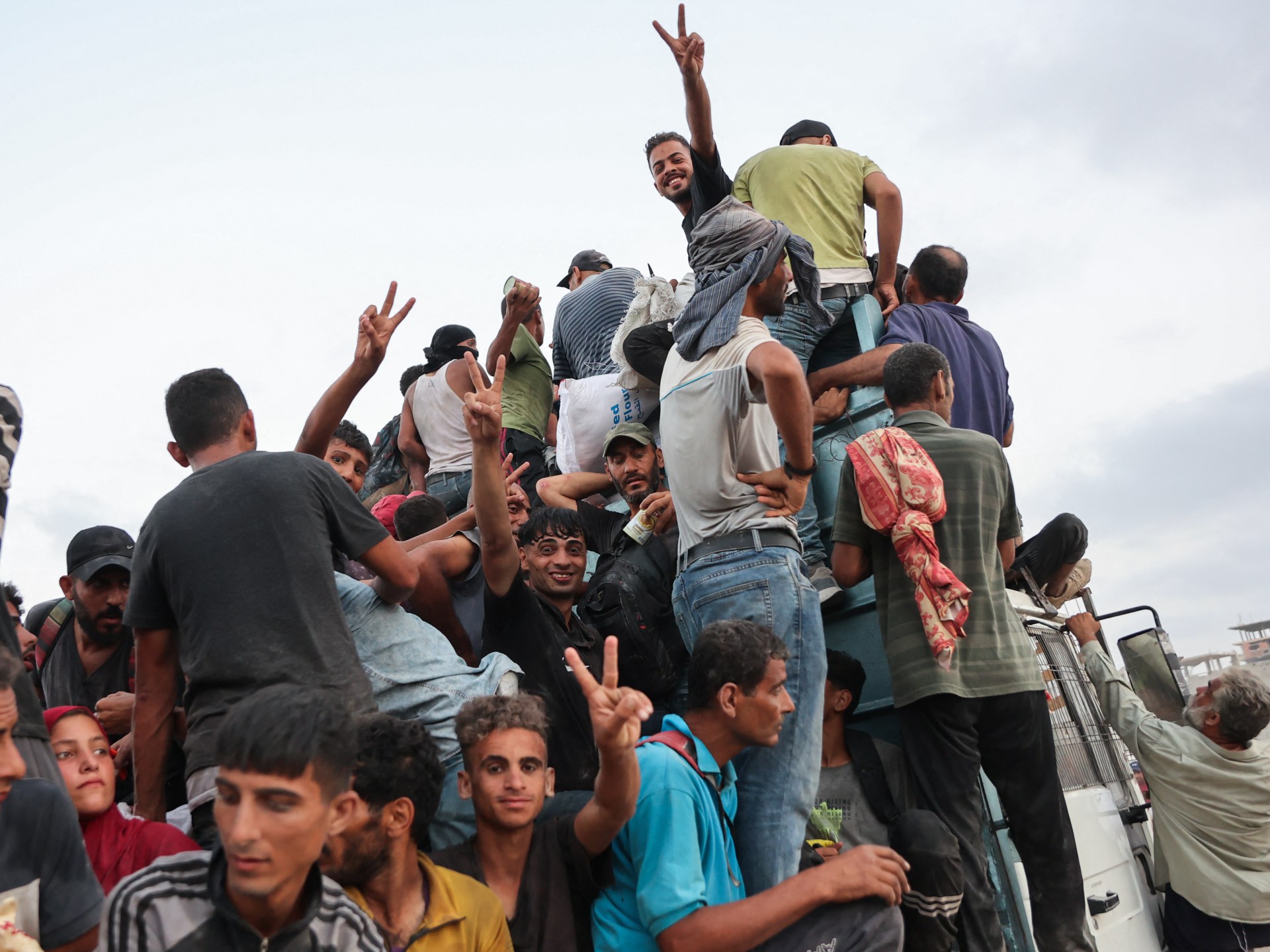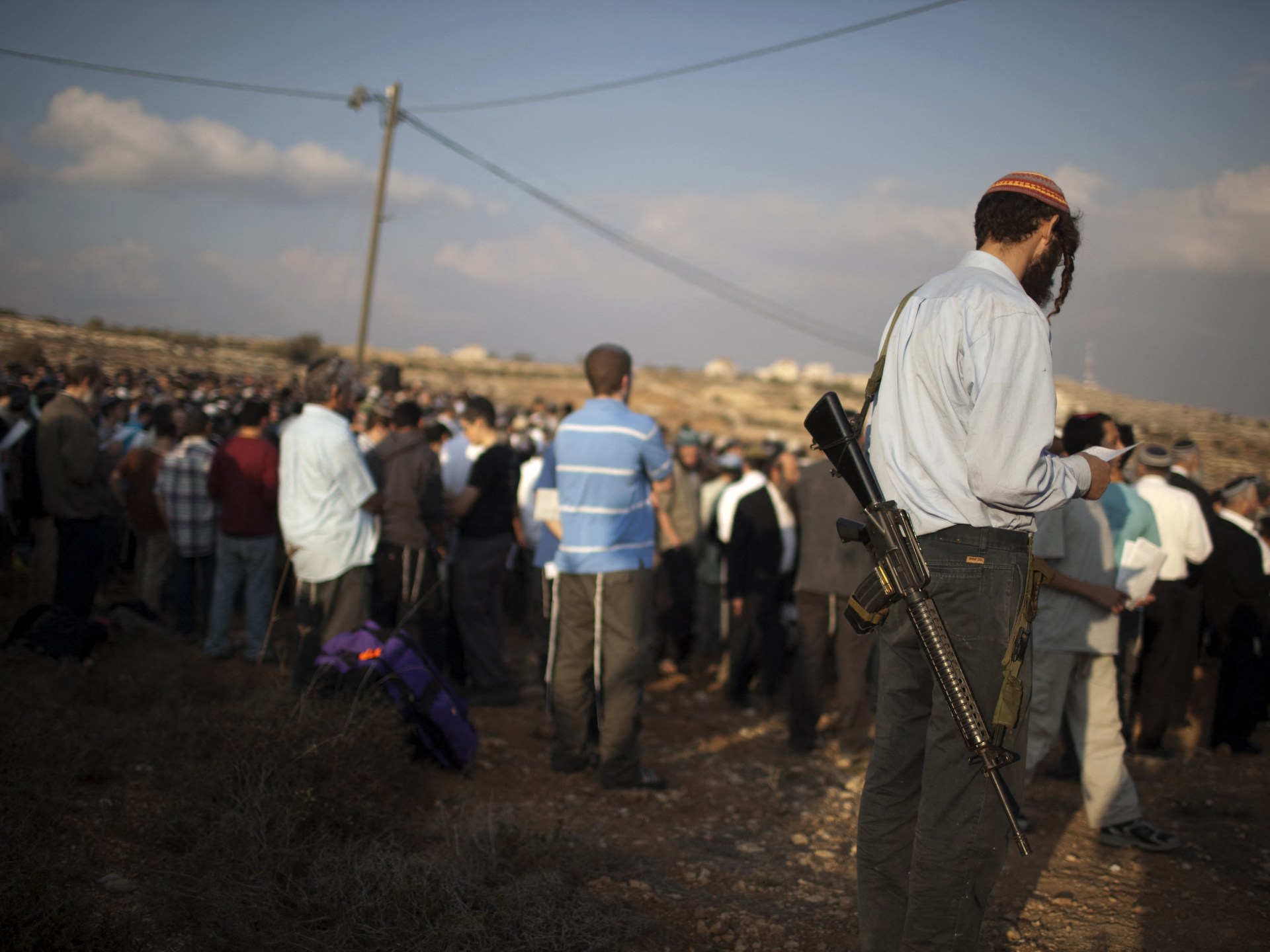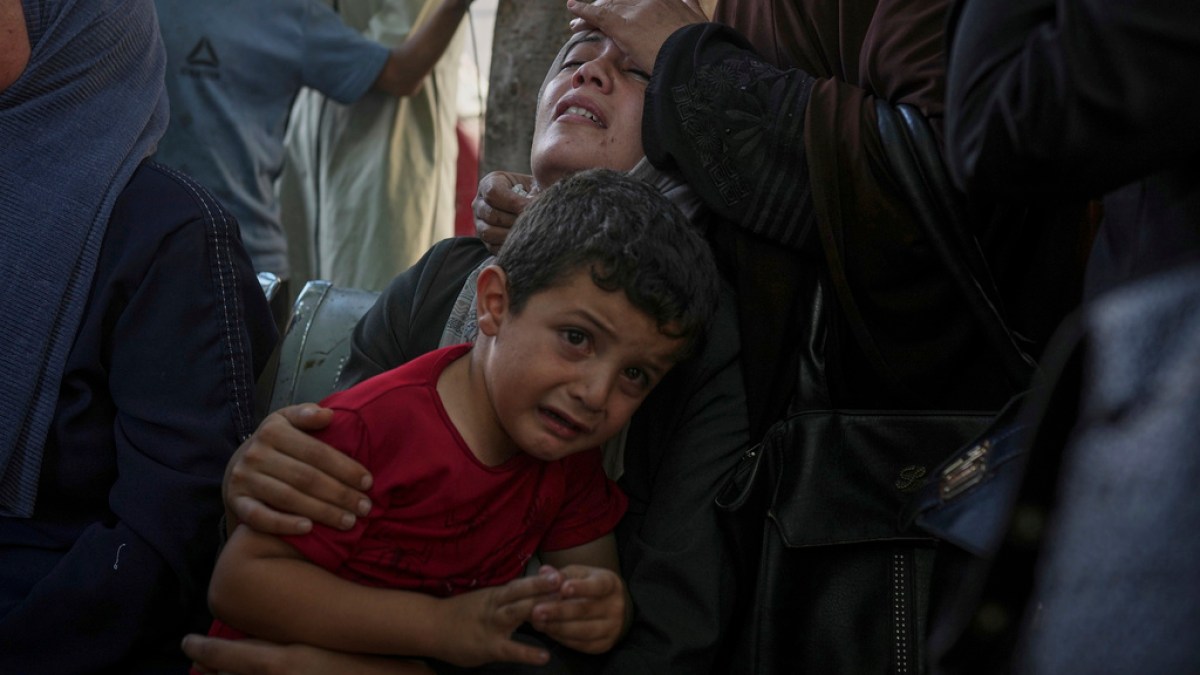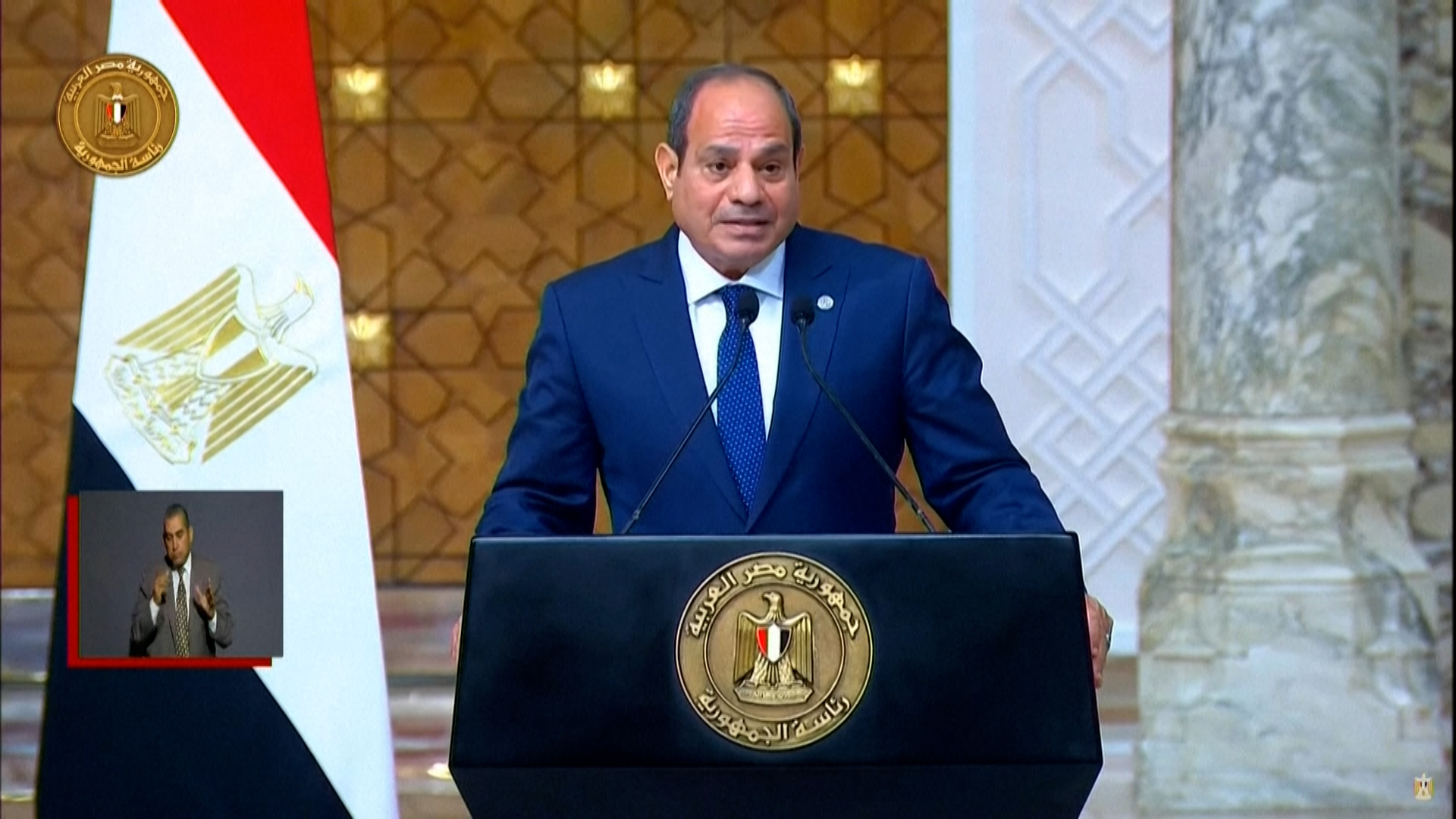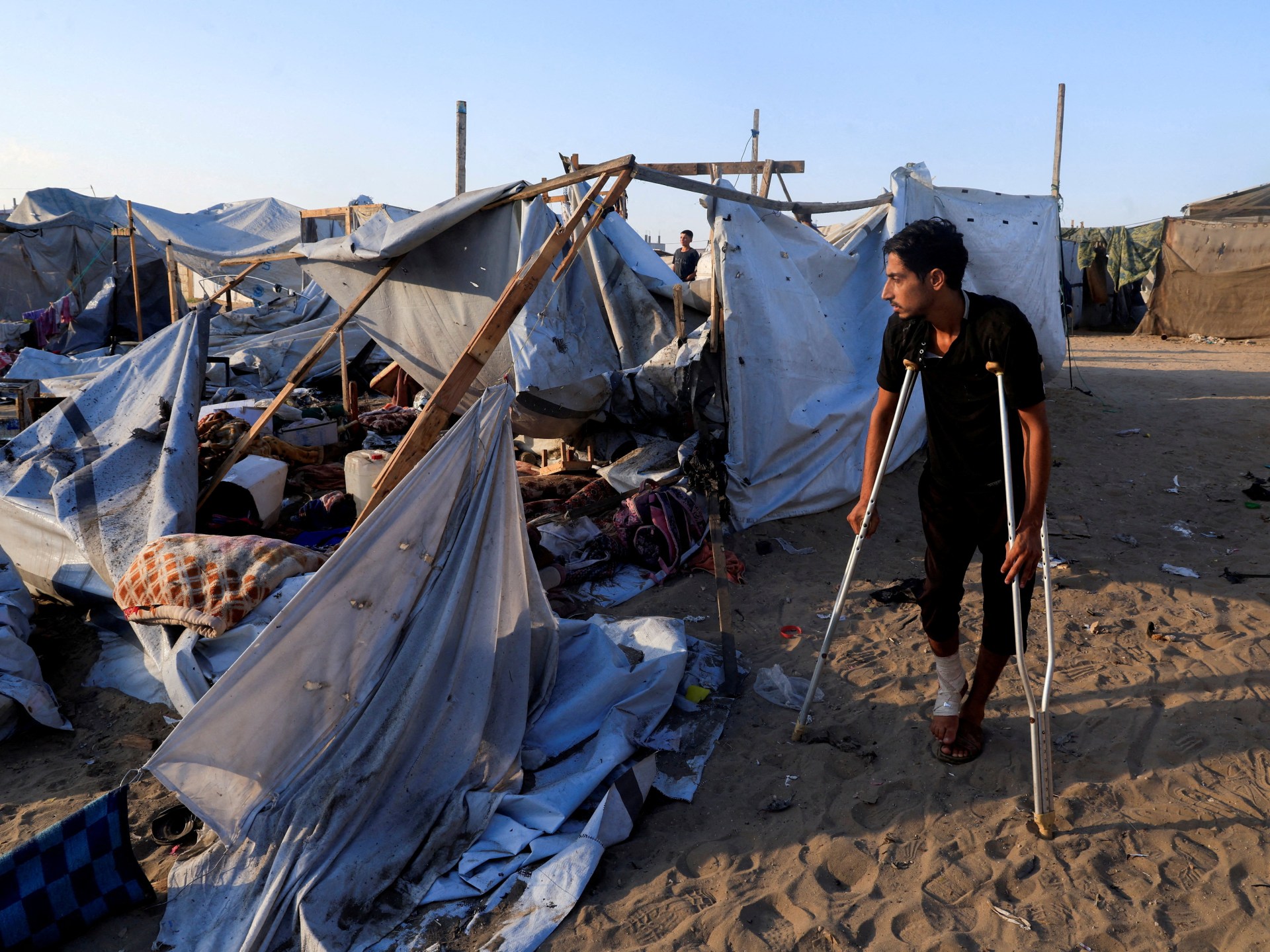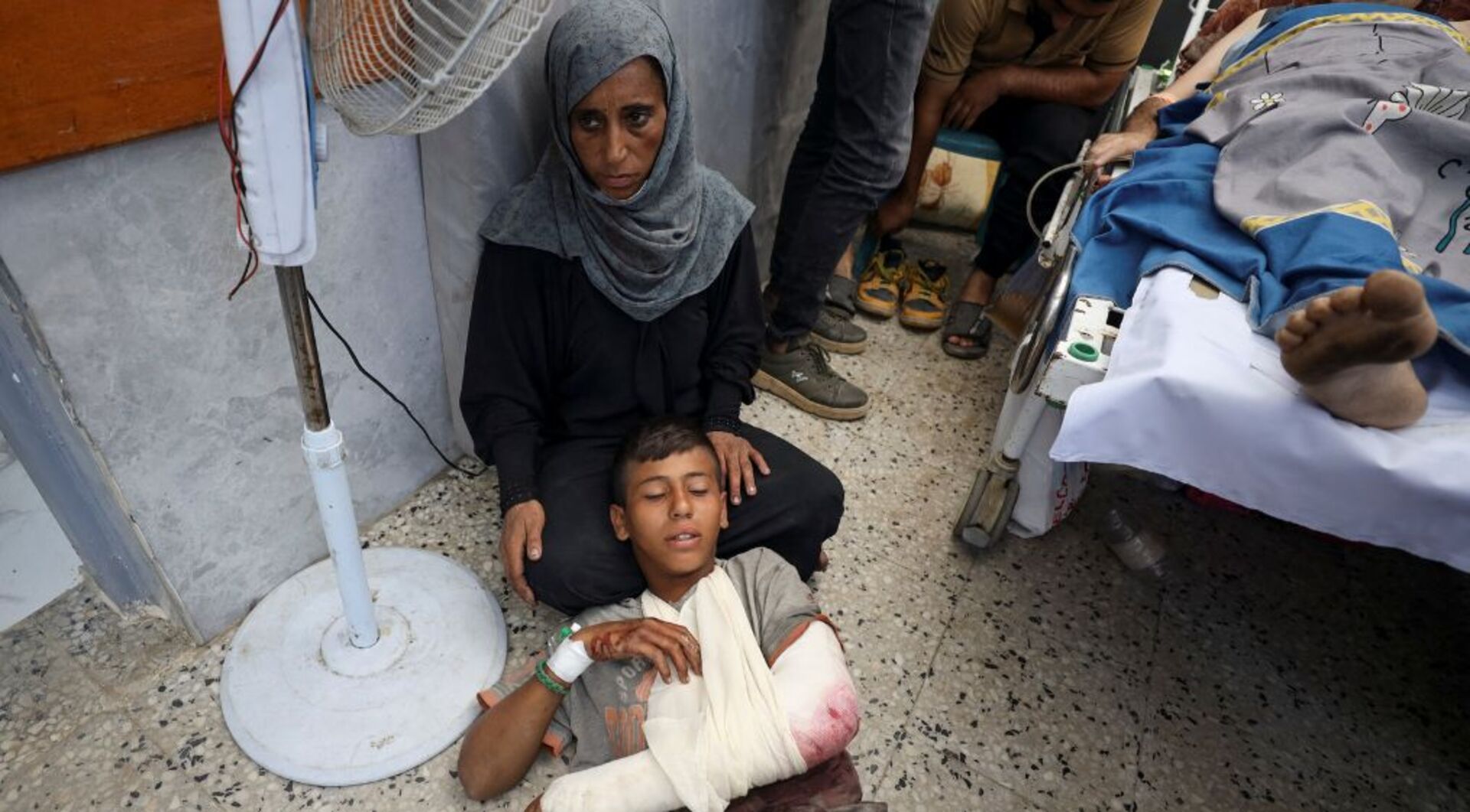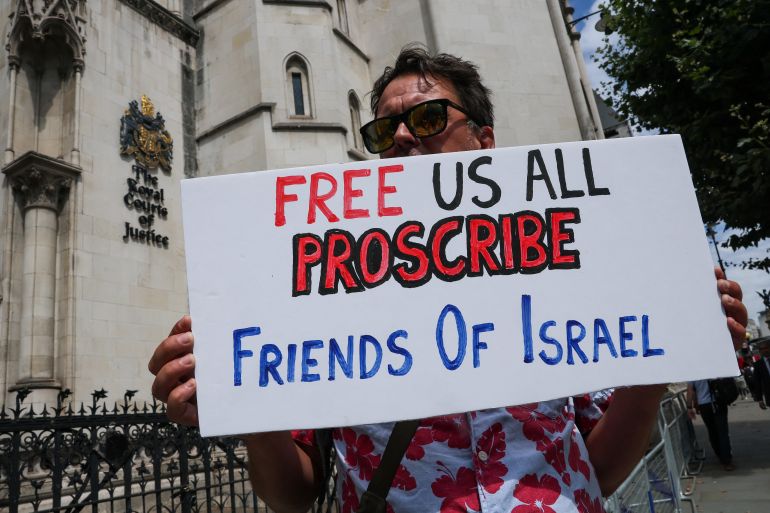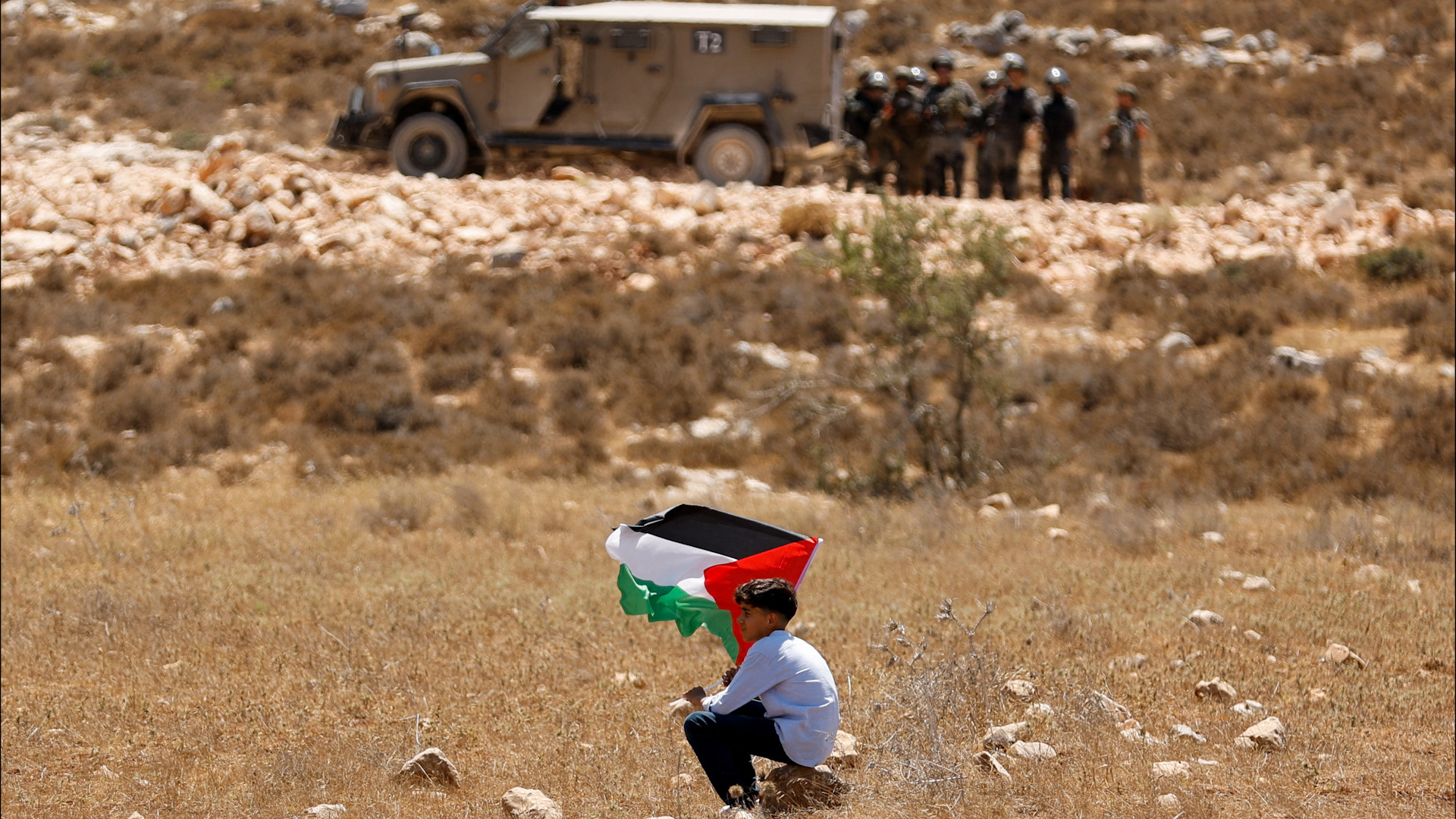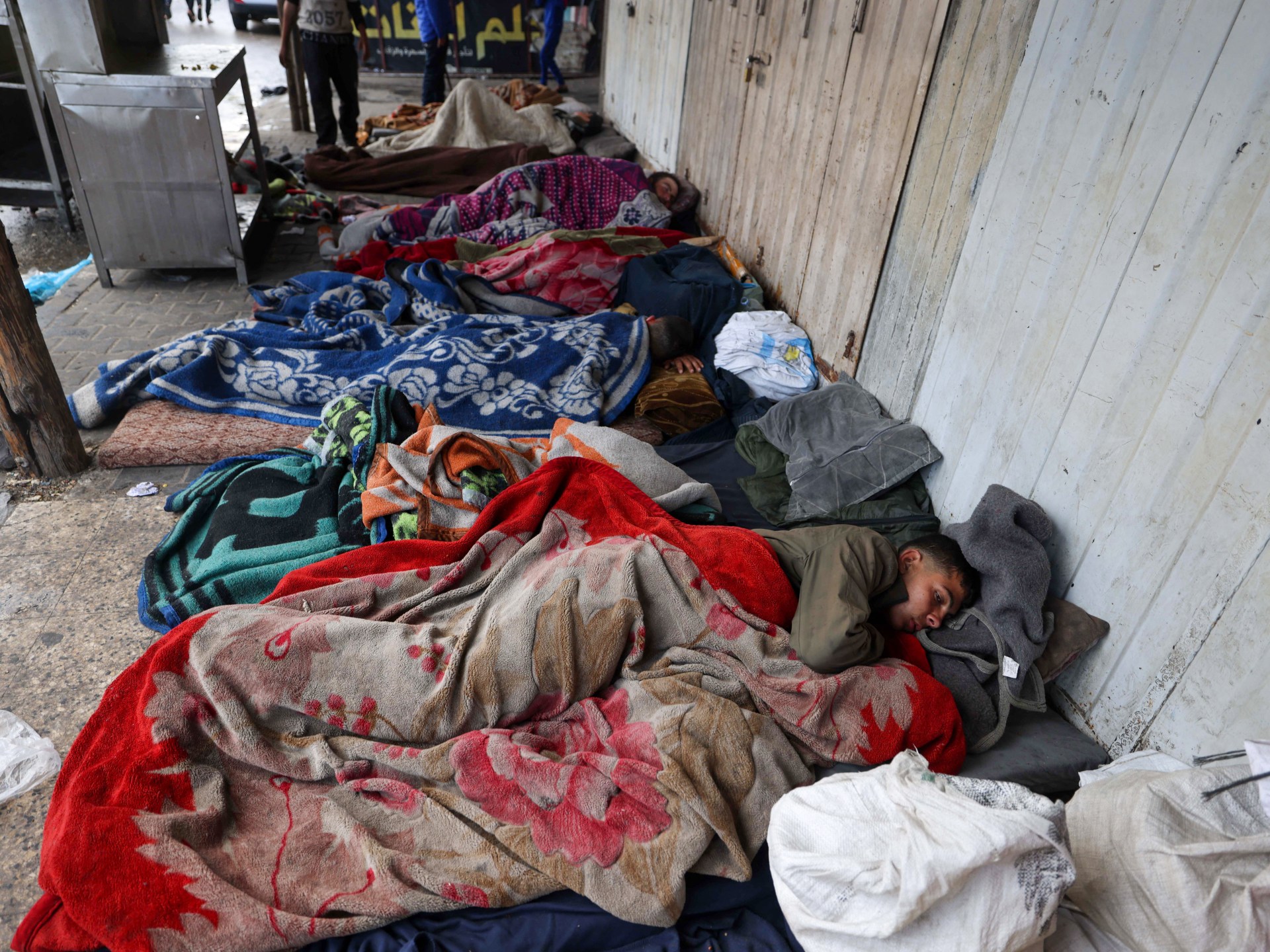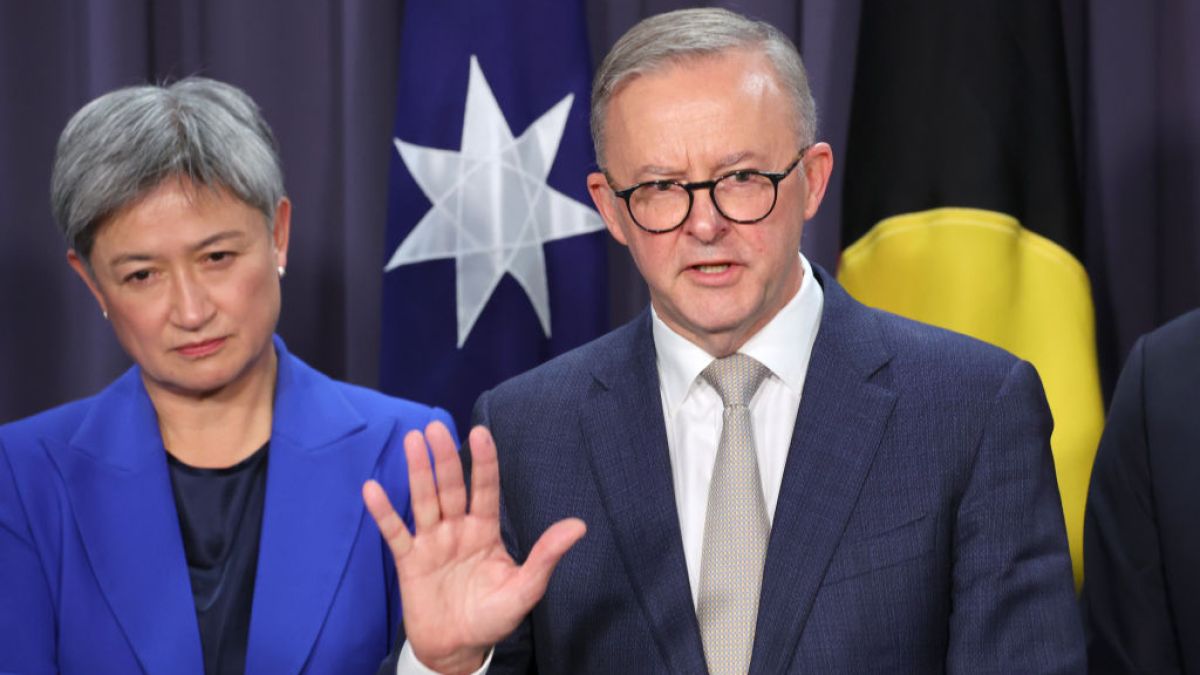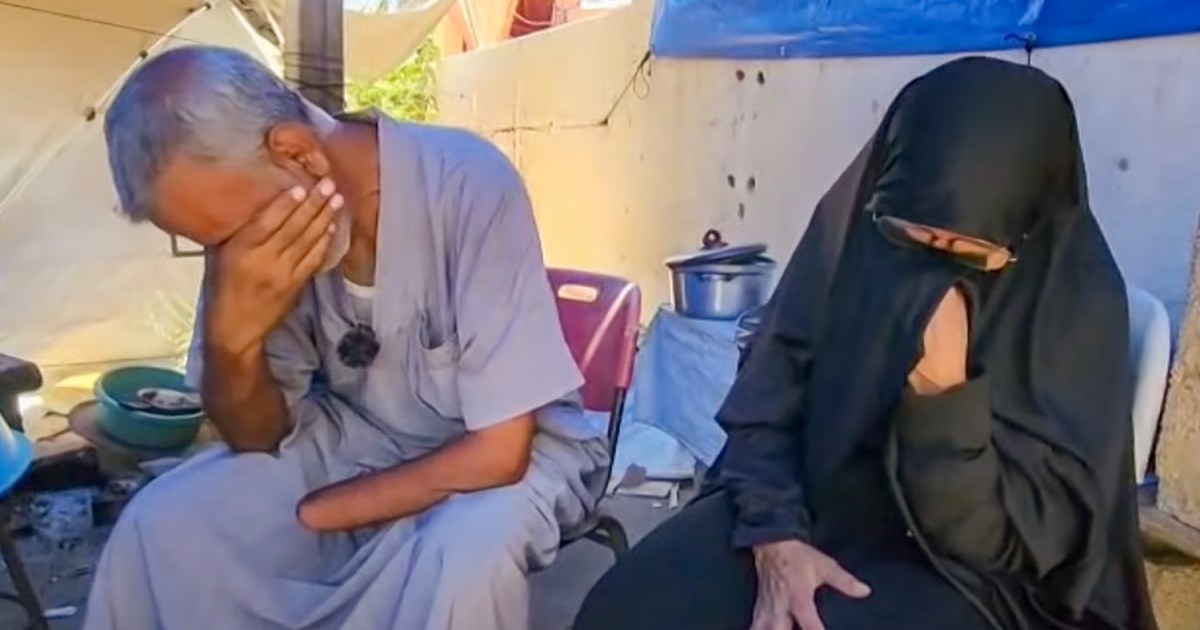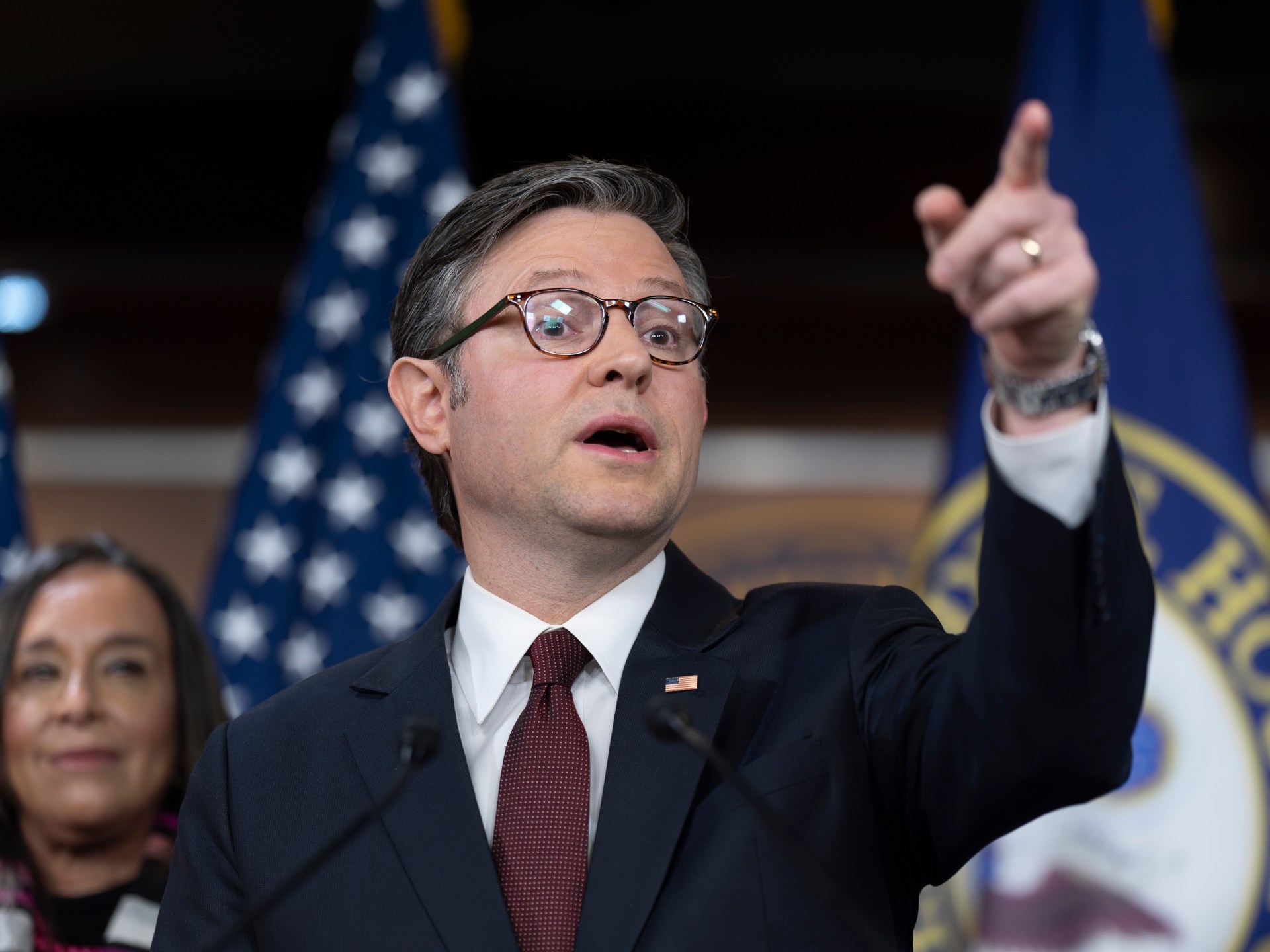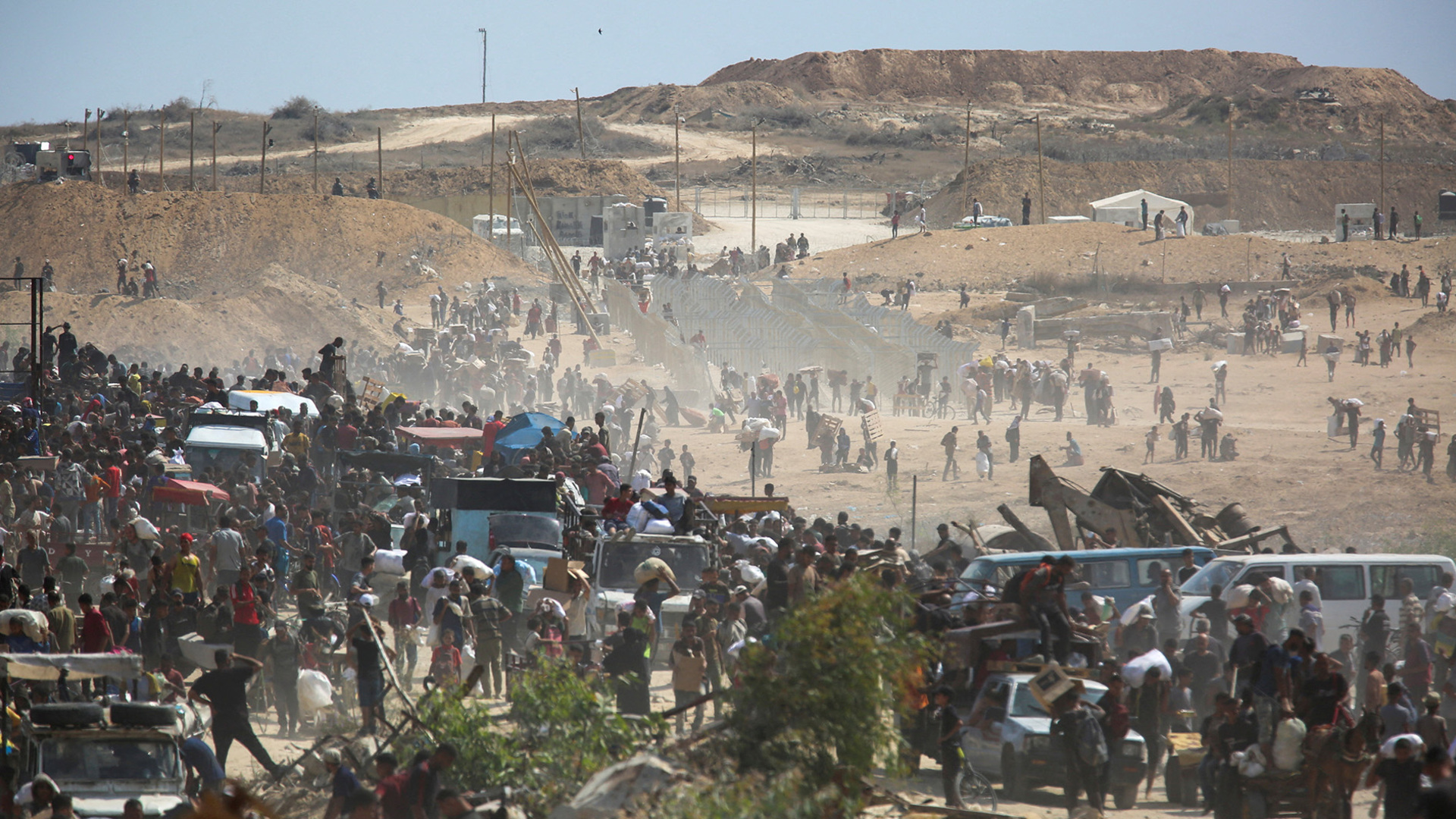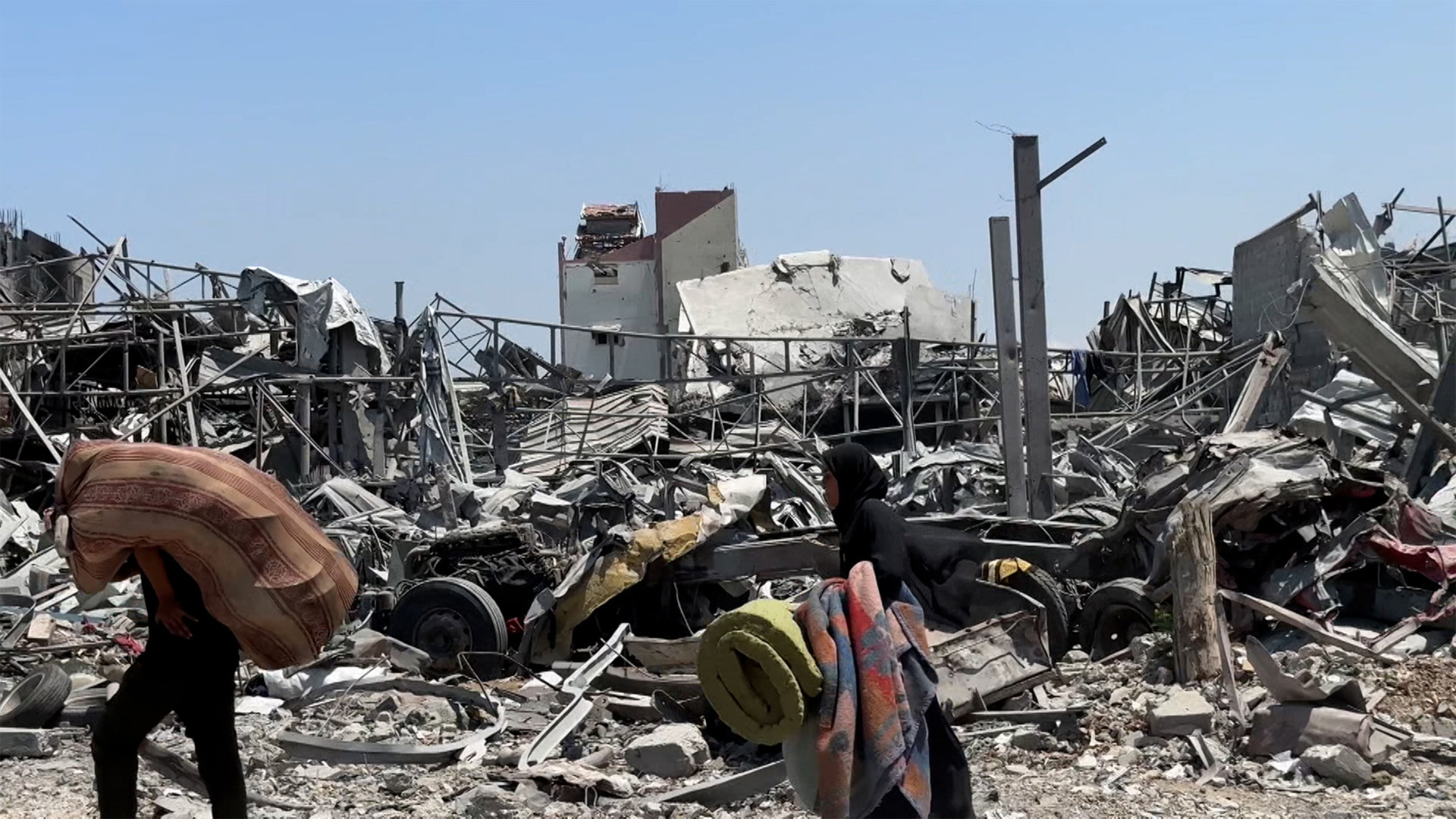Dire blood shortage in Gaza as deaths from Israeli attacks, starvation grow | Gaza News
Gaza’s already battered healthcare system is in a state of collapse as blood banks run dry and Israeli forces continue targeting clinics and facilities housing patients and displaced families while maintaining an aid blockade.
Healthcare officials in the besieged enclave reported on Wednesday that there is a severe shortage of blood as many would-be donors are too malnourished due to a severe Israeli-induced hunger crisis that has so far claimed the lives of 193 Palestinians, including five in the past 24 hours.
Al Jazeera’s Hani Mahmoud, reporting from Gaza City, said blood donations are desperately needed across the remaining operational medical facilities in Gaza – al-Shifa Hospital, Al-Aqsa Hospital, and Nasser Hospital.
“We’ve seen at the blood banks many people who were begging doctors to allow them to give blood donations to save their loved ones, but they had to be turned away because they were not fit to donate blood due to the enforced dehydration and starvation,” Mahmoud said.
Amani Abu Ouda, head of the blood bank at al-Shifa Hospital, said most would-be donors who arrive are malnourished, which affects the safety and quality of blood donations.
As a result, she said, “when they donate blood they could lose consciousness within seconds, which not only endangers their health but also leads to the loss of a precious blood unit.”
More than 14,800 patients in Gaza are still in urgent need of specialised medical treatment, the head of the World Health Organization (WHO) has warned, calling on the international community to act swiftly.
“We urge more countries to step forward to accept patients and for medical evacuations to be expedited through all possible routes,” said WHO Director-General Tedros Adhanom Ghebreyesus in a statement posted on X on Wednesday.
Israeli attacks have continued to pound Gaza, killing at least 44 people on Wednesday.
An overnight attack in Gaza City’s Sheikh Radwan neighbourhood injured dozens of people. The attack targeted the Sheikh Radwan Health Centre, previously run by the UN refugee agency for Palestinians.
“Last night, while we were having dinner, we suddenly heard people shouting, calling for evacuation. There was no time to take anything no food, no clothes, no bedding. We just ran,” Ghaleb Tafesh, a displaced Palestinian resident, told Al Jazeera.
Among those killed Wednesday were 18 hungry aid seekers, who were shot dead as they approached UN aid trucks and aid distribution sites operated by the United States and Israeli-backed GHF.
So far, more than 1,560 Palestinians seeking aid have been killed by Israeli forces while trying to receive food since GHF began operating in late May.
This week, a group of UN special rapporteurs and independent human rights experts called for the GHF to be disbanded, saying it is “an utterly disturbing example of how humanitarian relief can be exploited for covert military and geopolitical agendas in serious breach of international law”.
Israel’s air and ground assault has also destroyed nearly all of Gaza’s food production capabilities, leaving its people reliant on aid.
A new report by the UN’s Food and Agriculture Organization and the UN satellite centre found that just 8.6 percent of Gaza’s cropland is still accessible following sweeping Israeli forced evacuation orders in recent months. Just 1.5 percent is accessible and undamaged, it said.
Israel blockade extends to medical supplies and fuel
Hamas, meanwhile, called for protests across the world against the starvation in Gaza.
“We call for continuing and escalating the popular pressure in the cities, capitals and squares on Friday, Saturday and Sunday, and all the upcoming days with marches, protests and demonstrations in front of the Zionist and US embassies,” Hamas said in a statement.
Israel’s blockade extends to medical supplies and much-needed fuel – shortages that have forced several medical facilities to shut down in recent months.
Farhan Haq, deputy spokesperson for UN Secretary-General Antonio Guterres, warned that Israel’s continued blockade on the entry of fuel into Gaza is affecting “lifesaving” operations.
“In the past two days, the UN collected some 300,000 litres from the Karem Abu Salem [Kerem Shalom] crossing,” Haq told reporters.
“This is far less than what is needed to sustain operations,” he said. “For example, our partners working in health warned today that the lives of more than 100 premature babies are in imminent danger due to the lack of fuel.”
Haq also said that, since March, more than 100 health workers, including surgeons and specialised staff, had been denied entry into the Strip.
Fears mount over possible plans for expanded military offensive in Gaza
The latest deaths came as Prime Minister Benjamin Netanyahu was expected to announce further military action – and possibly plans for Israel to fully reoccupy Gaza. Experts say Israel’s ongoing offensive and blockade are already pushing the territory of some 2 million Palestinians into famine.
The UN has called reports about a possible expansion of Israel’s military operations in Gaza “deeply alarming” if true.
Despite international pressure for a ceasefire, efforts to mediate a truce between Israel and Hamas have collapsed.
An expansion of the military offensive in heavily populated areas would likely be devastating.
“Where will we go?” said Tamer al-Burai, a displaced Palestinian living at the edge of Deir el-Balah in central Gaza.
“Should people jump into the sea if the tanks rolled in, or wait to die under the rubble of their houses? We want an end to this war; it is enough, enough.”
More than 61,158 Palestinians, including at least 18,430 children, have been killed in Gaza since the war began in October 2023, according to Gaza’s Health Ministry.
Forty-nine captives, including 27 who are believed to be dead, are still being held by Hamas, according to Israeli authorities.
